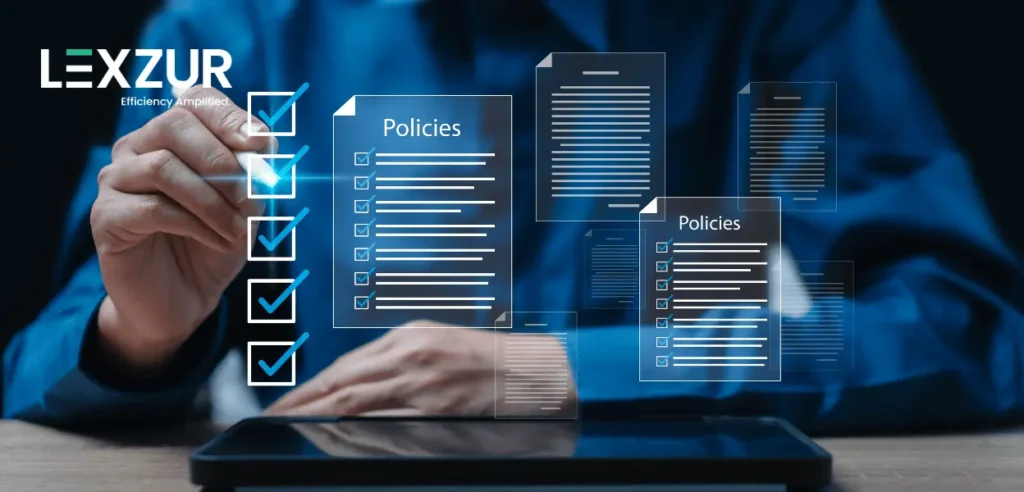Remote work has become increasingly common in the legal field, powered by advancements in legal technology. Lawyers can boost efficiency, collaboration, and client services from anywhere by integrating legal tech tools. This article explores the pivotal role of legal tech in enabling successful virtual lawyering.
Revolutionizing Remote Lawyering: How Legal Tech Paves the Way
Legal tech provides solutions to challenges faced when transitioning to remote work. Features like seamless document sharing, task tracking, client communication, data security, and unified platforms address the nuances of virtual legal practice.
- Efficient Document Collaboration: Legal tech facilitates secure and efficient document sharing, enabling smooth collaboration for remote teams.
- Task Management and Tracking: Precise task organization is essential for remote work. Legal tech offers task-tracking features to manage assignments and deadlines.
- Virtual Client Communication: Client portals allow remote lawyers to share updates and documents securely and receive requests, enhancing transparency and engagement.
- Secure Data Management: Legal tech tools incorporate robust security measures like encryption to safeguard sensitive data accessed remotely.
- Unified Platforms: Seamless integrations to essential tools like Google Workspace, Microsoft Teams, Outlook etc…. to streamline communication, documents, and tasks in one environment.
Lexzur consolidates crucial legal tech tools into an all-encompassing solution, catering specifically to virtual lawyering. This integration ensures not only smooth collaboration and real-time communication but also promises top-notch legal services from any corner of the world, mirroring the progressive nature of today’s remote work culture.
Navigating the Horizon: The Future of Remote Work and Legal Tech
As we dive into the evolving landscape of the legal profession, it becomes abundantly clear that remote work and legal technology are not just passing trends; they are the forces sculpting the future of law. Artificial intelligence, with its vast capabilities, is at the forefront of this revolution. AI-powered tools are poised to redefine efficiency by automating mundane tasks, providing intricate data analytics, and tailoring solutions to individual client needs.
Beyond AI, the rise of immersive technologies like virtual and augmented reality promises to usher in a new era of client-lawyer engagement. Imagine a world where lawyers, irrespective of their physical location, can conduct client meetings in virtual offices or even recreate court scenarios using augmented reality. These technologies have the potential not only to streamline processes but also to enhance the depth and quality of interactions, making the legal experience more interactive and client-centric. As we transition into this tech-driven future, it’s essential for legal professionals to embrace and adapt to these innovations, ensuring they remain at the cutting edge of their profession.
Wrapping up: Virtual Lawyering
In summary, virtual lawyering comes with valuable benefits, including time flexibility and cost-effectiveness. Lexzur enhances remote legal work through features like eSignatures and secure communication tools, empowering virtual law firms. By integrating essential legal technologies, Lexzur enables agile, globally connected legal services – making remote work an optimal arrangement.












Leave a Comment